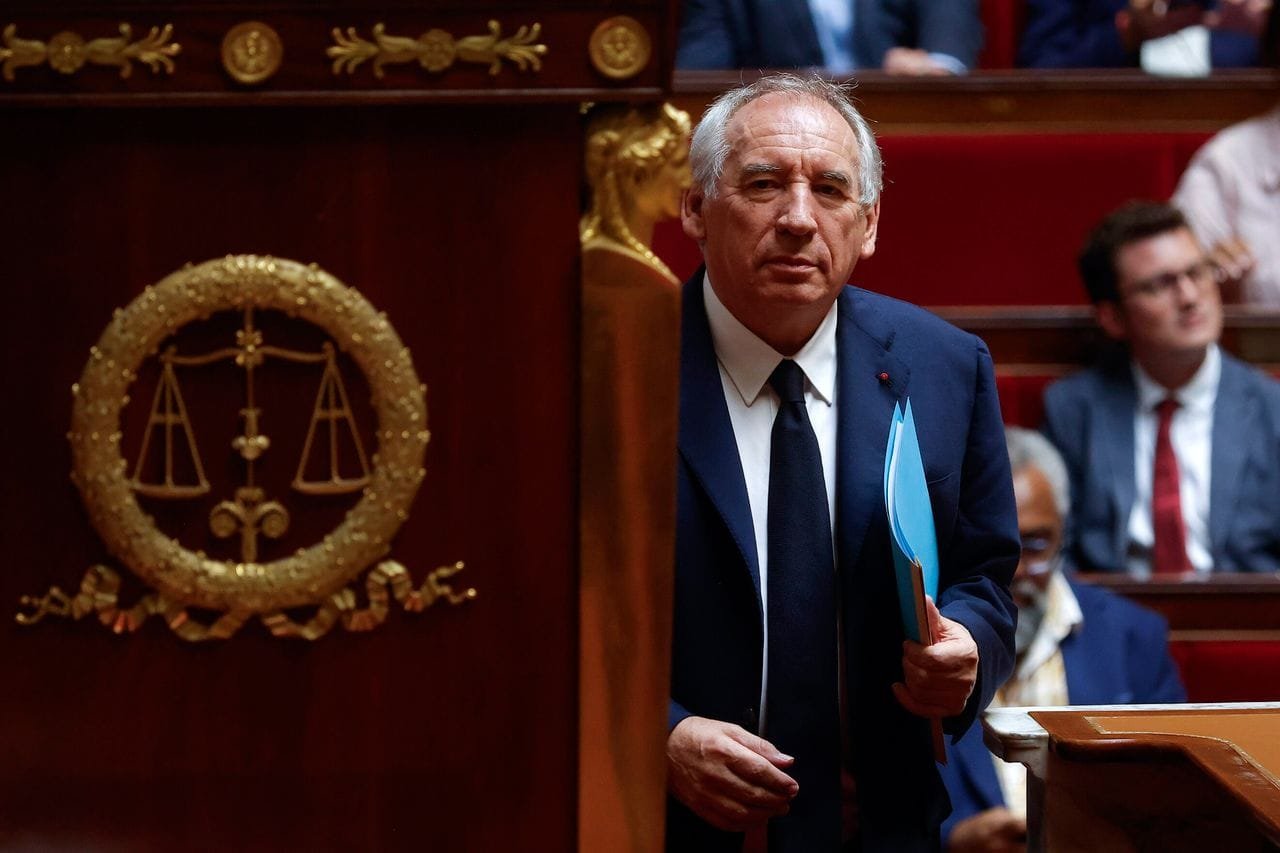The French government collapsed on September 8, after Prime Minister François Bayrou lost a confidence vote in the National Assembly by a resounding 364 to 194, exceeding the 280-vote threshold required to remove him. Bayrou had himself called for the vote in a last-ditch effort to rally support for a stringent austerity plan that aimed to save approximately €44 billion through measures including the elimination of two public holidays and a freeze on government spending—moves viewed as deeply unpopular across the political spectrum.
The government’s fall represents the fourth collapse of a French administration since 2022 and the second within one year, following the ousting of Michel Barnier’s short-lived administration. Bayrou, a centrist ally of President Emmanuel Macron, had only held office for nine months, and his loss deepens the prolonged political instability coursing through Macron’s second term.
Bayrou defended his proposals by warning of France’s soaring fiscal distress, debt hovering at around 113–114% of GDP, with deficits near 6%, far above EU limits and emphasized that failure to act would saddle future generations with economic collapse. “You have the power to bring down the government, but you do not have the power to erase reality,” he told MPs in a final address, invoking the “relentless” pressure of rising expenses and unsustainable debt.
Opposition leaders wasted no time capitalizing on the outcome. Marine Le Pen of the far-right National Rally declared Bayrou’s downfall the “end of the agony of a phantom government,” urging President Macron to dissolve the Assembly and call snap elections. On the left, Jean-Luc Mélenchon labeled the vote a “victory and public relief,” demanding that Macron resign as well.
President Macron, though under mounting pressure, has resisted calls for dissolution and early elections. Instead, his office announced that he is to appoint a new prime minister “in the coming days”, marking the fifth such appointment since 2022—an extraordinary turnover that underscores the depth of legislative fragmentation and executive weakness.
Amid this political chaos, France faces urgent fiscal peril. Financial markets await upcoming sovereign rating reviews where a downgrade could escalate borrowing costs. Meanwhile, a grassroots protest movement—“Bloquons Tout” (“Let’s Block Everything”)—is mobilizing nationwide action, with unions preparing strikes, setting the stage for a summer of civic unrest.





